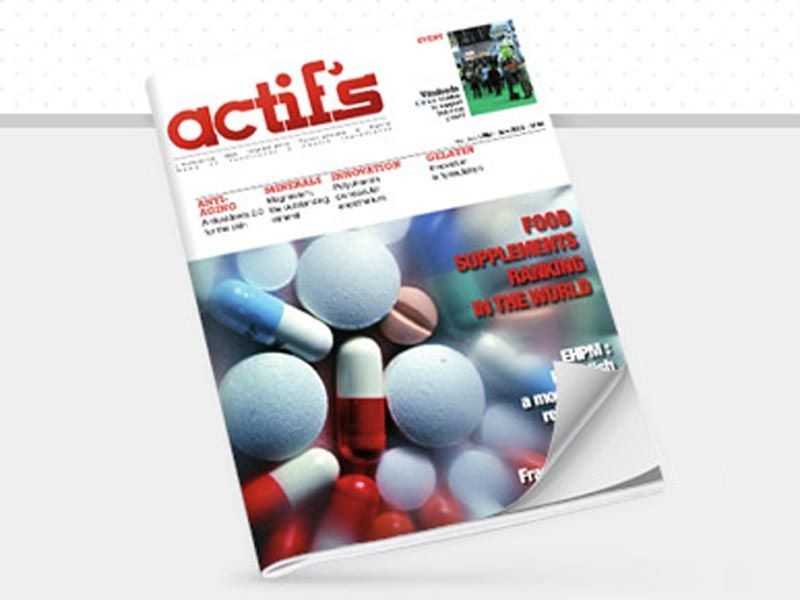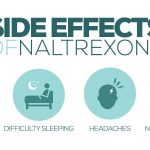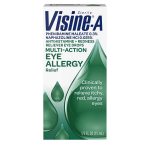
Contents
Prosol (amino acids)
Prosol is an amino acid source for patients needing parenteral nutrition (PN) when oral or enteral nutrition is not possible, insufficient, or contraindicated. It can treat negative nitrogen balance.
Side Effects of Prosol
Side effects include:
- pulmonary vascular emboli,
- hypersensitivity reactions,
- infection,
- refeeding syndrome,
- high blood sugar levels (hyperglycemia) and hyperosmolar hyperglycemic state,
- blood clots in veins (thrombosis),
- elevated liver function tests,
- hyperammonemia,
- electrolyte imbalances, and
- fluid overload (hypervolemia)
Dosage for Prosol
Important Preparation Information
Prosol is supplied as a pharmacy bulk package for admixing only and is not for direct intravenous infusion. Before administration, Prosol must be transferred to a separate PN container, diluted, and used as an admixture with or without dextrose, electrolytes, and/or lipid emulsion.
- Use careful aseptic technique during mixing to avoid touch contamination.
- Do not remove container from overpouch until ready to use.
- Tear protective overpouch at the top and remove solution container. Small amounts of moisture may be present on the container, but it won’t significantly affect the solution. If larger amounts of water are found, check for tears or leaks.
- Inspect Prosol before use. Some opacity of the plastic due to moisture absorption during sterilization is normal and won’t affect the solution quality or safety. The opacity will diminish gradually. Crystals may be present but will redissolve upon dilution.
Evaluate the following:
- If the outlet port protector is damaged, detached, or missing, discard the container as the solution path sterility may be impaired.
- Check that the solution is clear, colorless, or slightly yellow. Discard if the solution is bright yellow or yellowish brown.
- Squeeze the inner container to check for leaks. Discard if any leaks are found.
- Prosol is intended for use in preparing sterile, intravenous admixtures. Check for compatibility with additives as they may be incompatible.
Recommended Dosage in Adults
The adult daily dosage of Prosol and the protein (nitrogen) requirements are shown in Table 1.
Prosol provides 0.2 g protein/mL, which corresponds to 0.032 g nitrogen/mL, as a component of PN.
Vitamins, electrolytes, trace elements, and other components can be added to the PN solution to meet nutrient needs and prevent deficiencies and complications.
Do not exceed a maximum fluid supply of 40 mL/kg/day of PN solution in adult patients based on protein, without considering carbohydrates or electrolytes.
Adjust the flow rate of the PN solution based on dose, daily volume intake, and infusion duration. Increase the flow rate gradually, especially during the first few days, based on the patient’s tolerance to dextrose. Increase the intake of Prosol and dextrose gradually to the maximum required dose indicated by frequent blood glucose level determinations.
Table 1. Recommended Daily Dosage in Adults
| Adult Patient Population | Recommended Protein a Requirement (g/kg/day) 1 | Corresponding Nitrogen Requirement (g/kg/day) | Recommended Daily Dosage of Prosol (mL/kg/day) b |
| Stable Patients | 0.8 to 1.0 | 0.13 to 0.16 | 4 to 5 |
| Critically Ill Patients c | 1.5 to 2.0 | 0.24 to 0.32 | 7.5 to 10 |
| a Protein is provided as amino acids. When infused intravenously, amino acids are metabolized and utilized as the building blocks of protein. b A maximum fluid supply of 40 mL/kg/day of parenteral nutrition solution should not be exceeded in adult patients. c Includes patients requiring more than 2 to 3 days in the intensive care unit with organ failure, sepsis or postoperative major surgery. Do not use in patients with conditions that are contraindicated. |
|||
Dosage Modifications in Patients With Renal Impairment
- Prior to administration, correct severe fluid or electrolyte imbalances. Closely monitor serum electrolyte levels and adjust the volume of parenteral nutrition as required.
- Patients with renal impairment not needing dialysis require 0.6 to 0.8 g protein/kg/day.
- Closely monitor serum electrolyte levels.
- Patients on hemodialysis or continuous renal replacement therapy should receive 1.2 to 1.8 g protein/kg/day, up to a maximum of 2.5 g protein/kg/day, based on nutritional status and estimated protein losses.
Recommended Dosage in Pediatric Patients
- Exercise caution in selecting the dosage and infusion rate of intravenous dextrose in pediatric patients, especially neonates and low weight infants, to prevent hyperglycemia/hypoglycemia.
- Frequent monitoring of serum glucose concentrations is required in pediatric patients, particularly neonates and low birth weight infants.
- The consulting physician experienced in pediatric intravenous fluid therapy should determine the infusion rate and volume.
- In pediatric patients, Prosol is dosed based on protein provided as amino acids. The recommended dosage by age group is provided in Table 2.
- Infusion rates are based on protein and do not consider carbohydrates, fluid, or electrolytes.
- Prosol does not contain the amino acids cysteine and taurine, which are conditionally essential for neonates and infants. Add these amino acids to the PN admixtures if used in this pediatric population.
Table 2. Recommended Daily Dosage in Pediatrics
| Age | Recommended Protein a Requirement (g/kg/day) 1 |
Corresponding Nitrogen Requirement (g/kg/day) |
Recommended Daily Dosage of Prosol (mL/kg/day) |
| Preterm and term infants less than 1 month of age | 3 to 4 | 0.48 to 0.64 | 15 to 20 |
| Pediatric patients > 1 month to 1 year of age | 2 to 3 | 0.32 to 0.48 | 10 to 15 |
| Pediatric patients 1 to 10 years of age | 1 to 2 | 0.16 to 0.32 | 5 to 10 |
| Pediatric patients 11 to 17 years of age | 0.8 to 1.5 | 0.13 to 0.24 | 4 to 7.5 |
| a Protein is provided as amino acids. When infused intravenously, amino acids are metabolized and utilized as the building blocks of protein. | |||
Discontinuation of Parenteral Nutrition
- To reduce the risk of hypoglycemia after discontinuation, consider gradually decreasing the flow rate in the last hour of infusion when administering PN solutions containing dextrose.
Drug Interactions with Prosol
No information provided
Is Prosol Safe to Use During Pregnancy or Breastfeeding?
- It is not known whether 20% Prosol sulfite-free (Amino Acid) Injection can harm a pregnant woman or affect reproduction capacity.
- 20% Prosol sulfite-free (Amino Acid) Injection should only be given to a pregnant woman if clearly needed.
- Exercise caution when administering 20% Prosol sulfite-free (Amino Acid) Injection to a nursing woman.
QUESTION
Summary
Prosol (amino acids) is an amino acid source for patients needing PN when oral or enteral nutrition is not possible, insufficient, or contraindicated. It can treat negative nitrogen balance.


